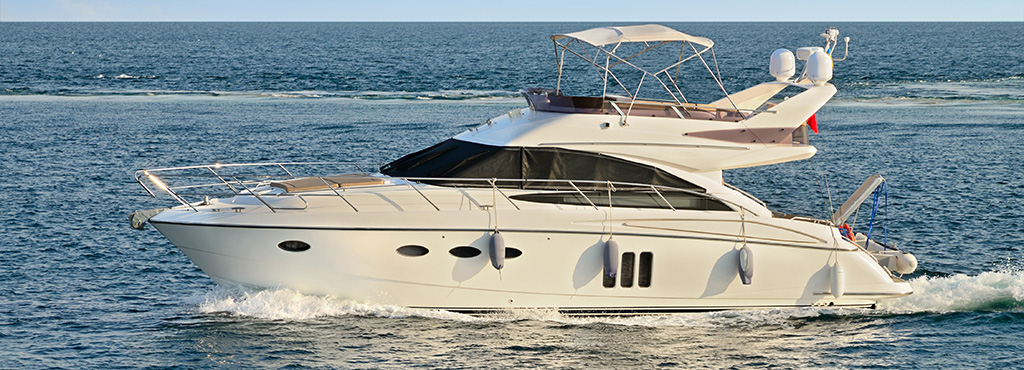Liability After a Florida Boating Accident

Florida is the boating capital of the U.S., but it also unfortunately is the boating accident capital of the U.S. Some recent boating accidents include:
- The death of a 21-year-old Florida A&M University student who was a senior business administration student and Army ROTC member. He was on a pontoon boat with 10 others when he jumped into the water to save somebody in distress, but drowned as a result.
- The death of a 19 year-old college freshman while on spring break in Sarasota in a single-vessel Florida boating accident.
- The death of an 83-year-old boater from New York who was killed while fishing when another boat on autopilot hit his vessel in the Florida Keys.
The Florida Fish & Wildlife Conservation Commission reported more than 720 boating accidents last year, with 66 deaths. As we can see, boating accidents are extremely common in Florida, and it is key to know what to do if you are involved in a boating accident in order to protect your legal rights.
Who Is Liable In A Florida Boating Accident?
Boating accidents are “reportable” if a person is requires medical treatment beyond first aid, dies, disappears under circumstances indicating death or injury, or there is a minimum $2,000 aggregate property value loss. There are several different kinds of boating accidents, but around 25 percent involve more than one vessel. Just like with car accidents, however, liability claims can come out of even single-vessel boating accidents. Unlike motor vehicles, you don’t have to have boating insurance to take a boat on the water. You also don’t need a license to operate a boat, although those born after 1988 must take a quick boating course. Banks require certain boaters to obtain insurance if they don’t own their vessel outright or if they’re operating a business renting boats. Certain marinas also require boating insurance, and boating insurance may be offered by some homeowners insurance policies.
Establishing Liability In A Boating Accident
To effectively file a claim for damages, plaintiffs must show the boat operator failed to operate the vessel in a reasonably safe manner, and that the plaintiff’s injury was directly caused by this failure. Some examples of negligent boating include:
- Turning the boat the wrong way into a wave and causing it to capsize
- Taking the boat out on the water while being fully aware (or not being aware because you forgot to check) of suboptimal conditions
- Traveling too fast and hitting another vessel or a dock
- Not providing adequate safety equipment for those on board the vessel
- Being inebriated from drugs or alcohol while boating and causing an accident
If you signed a liability waiver (which often happens if you’re renting a personal watercraft or boat), the waiver may be enforceable. However, not all waivers are set in stone. You may still retain the right to pursue damages if the agreement didn’t clearly spell out the dangers so that you could unequivocally understand what you signed. Waivers of liability also don’t protect against any acts of gross negligence.
Contact Us Today
If you or somebody close to you is the victim of a Florida boating accident, you should seek legal counsel to determine your next steps. Call Izquierdo & Leon Law to schedule an appointment today.






